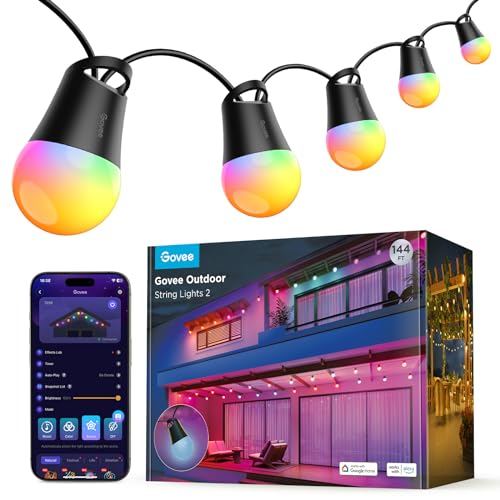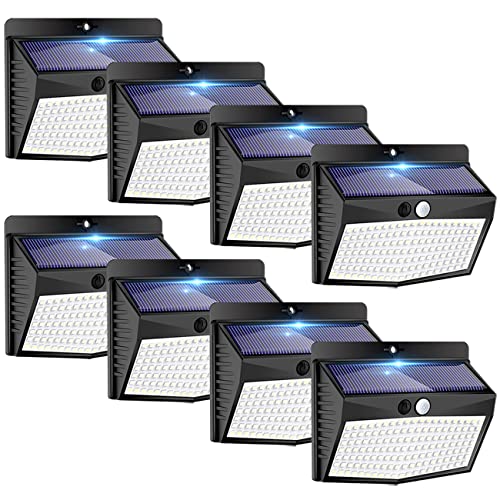Where can I place outdoor lights? The laws you need to know to avoid 'light trespass'
Light trespass can be a huge nuisance. I spoke to a legal expert about where you can place your lights to stay on the right side of the law
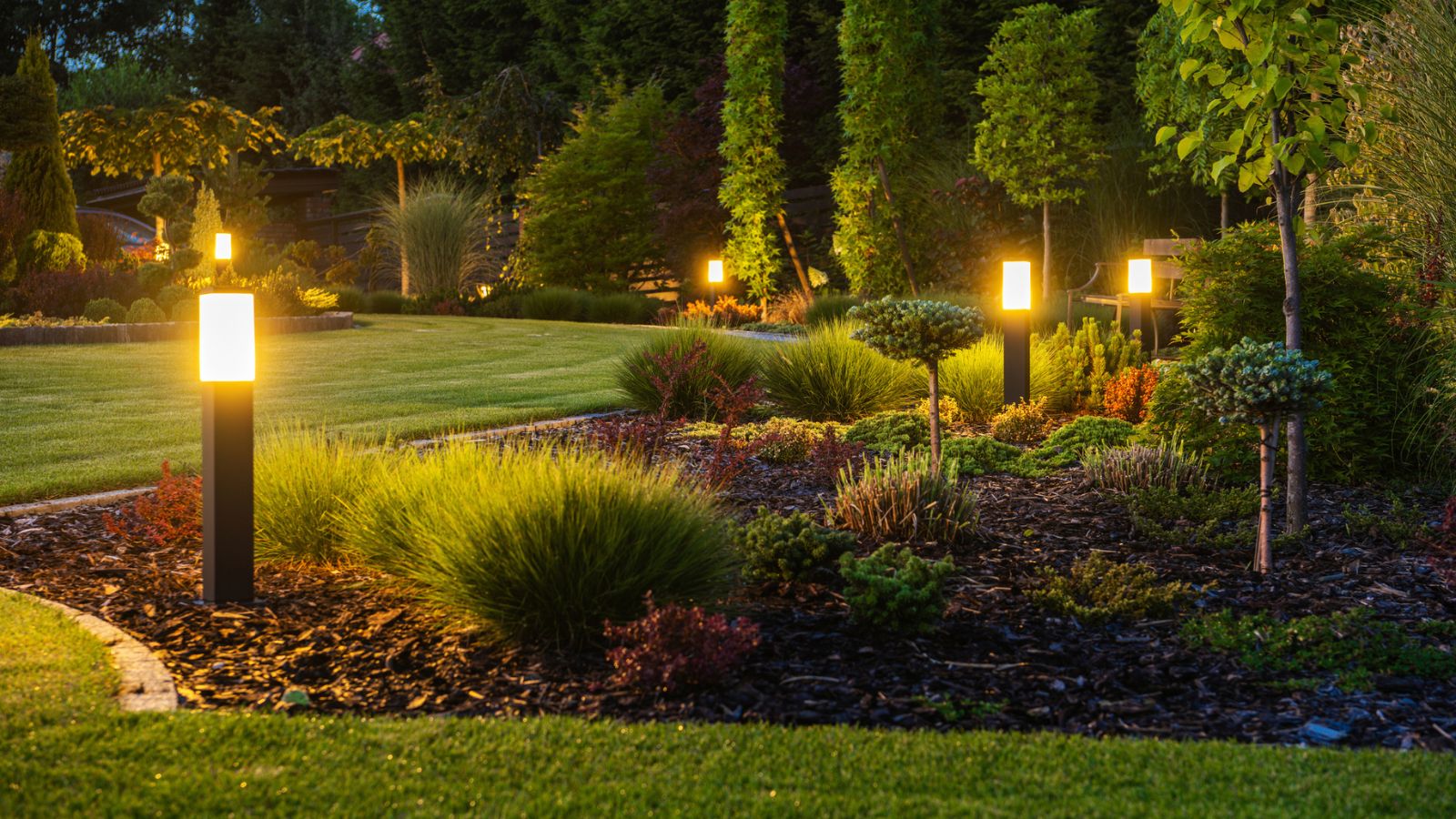
- What are the federal laws governing outdoor lighting?
- Are there any state and local laws governing outdoor lighting?
- Can my light shine into a neighbor's yard?
- Are there laws about the color and temperature of my lights?
- Are there laws about where I can place security lights?
- Can I put string lights along a fence?
- Can I uplight my house or a tree?
- Lighting FAQs

Disclaimer: This article does not constitute legal advice and is for general information purposes only. Always consult your local or state law to be clear on the rules.
Outdoor lighting is the perfect addition to any backyard. It means you can enjoy your space long after the sun has set.
However, light pollution can be pretty irritating. Some of us may have lived next door to neighbors who have installed powerful lights that shine into your yard or even your home and keep you up at night.
There are laws and ordinances to be aware of relating to your outdoor lighting ideas. I spoke to a legal expert about where you can place your outdoor lights to keep the law - and your neighbors - happy.
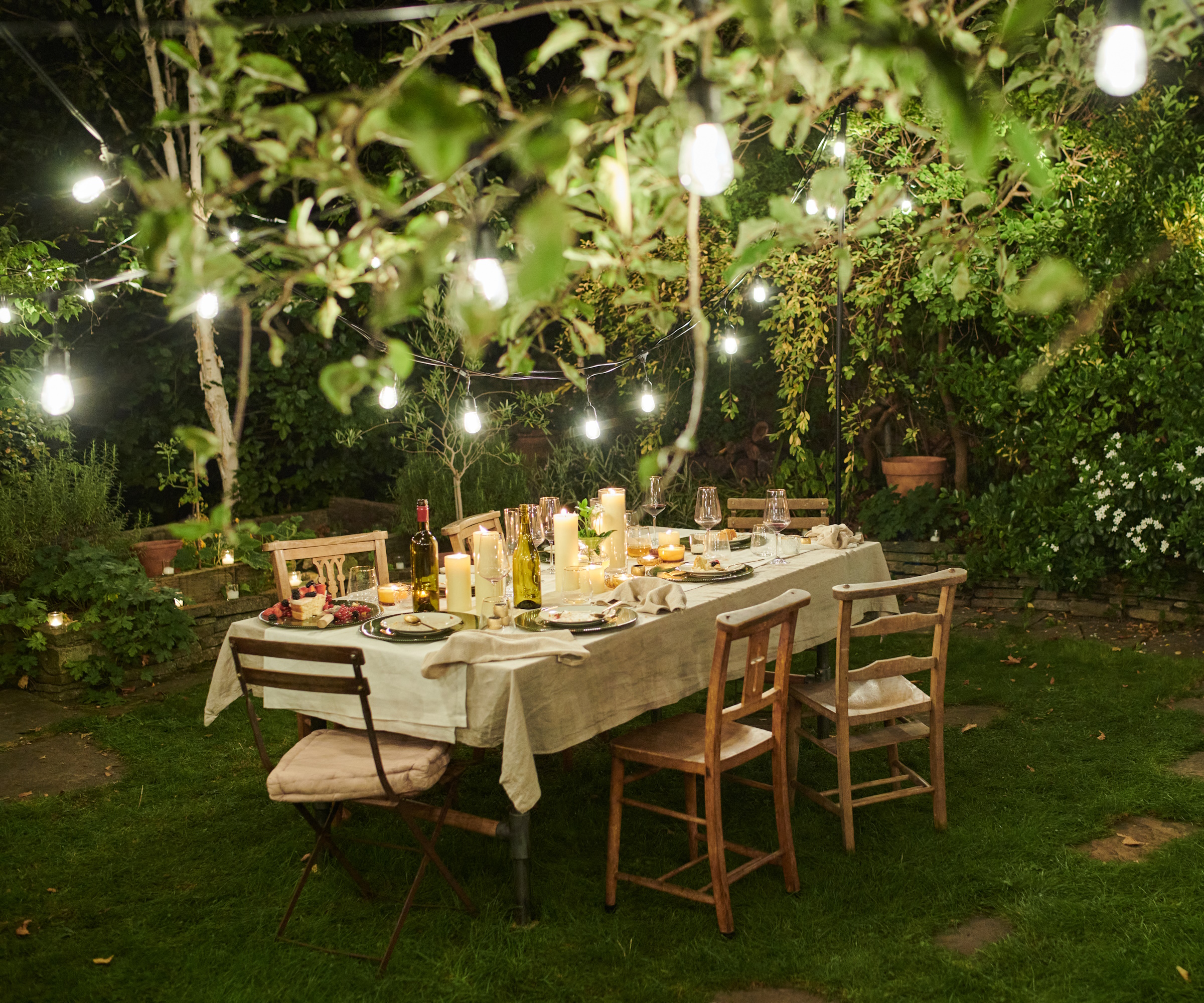
What are the federal laws governing outdoor lighting?
Unlike lots of other common garden buildings and accessories, which tend to be regulated at the state or local level, outdoor lighting - specifically the type of lighting you can use - is subject to federal laws.
Attorney Derek Jacques told me 'There are quite a few federal laws regarding outdoor lights. Much of them fall under the purview of either the Environmental Protection Agency.'
Derek pointed me to the Energy Independence and Security Act (2007) and the Energy Policy Act (2005). These laws introduced limits on lightbulbs aimed at phasing out old-school incandescent bulbs. This means that almost all the outdoor lights you buy are light-emitting diodes (LEDs) or compact fluorescent lamps (CFLs).
Derek adds that 'Both of these laws set guidelines and restrictions around the types of lighting you can use on the exterior of your home and how best to promote energy efficiency when using exterior lighting.'

Derek is a general practice attorney in Metro Detroit. With extensive experience in personal bankruptcy, divorce, estate planning and child custody cases, Derek has a passion for achieving the results his clients want.
Are there any state and local laws governing outdoor lighting?
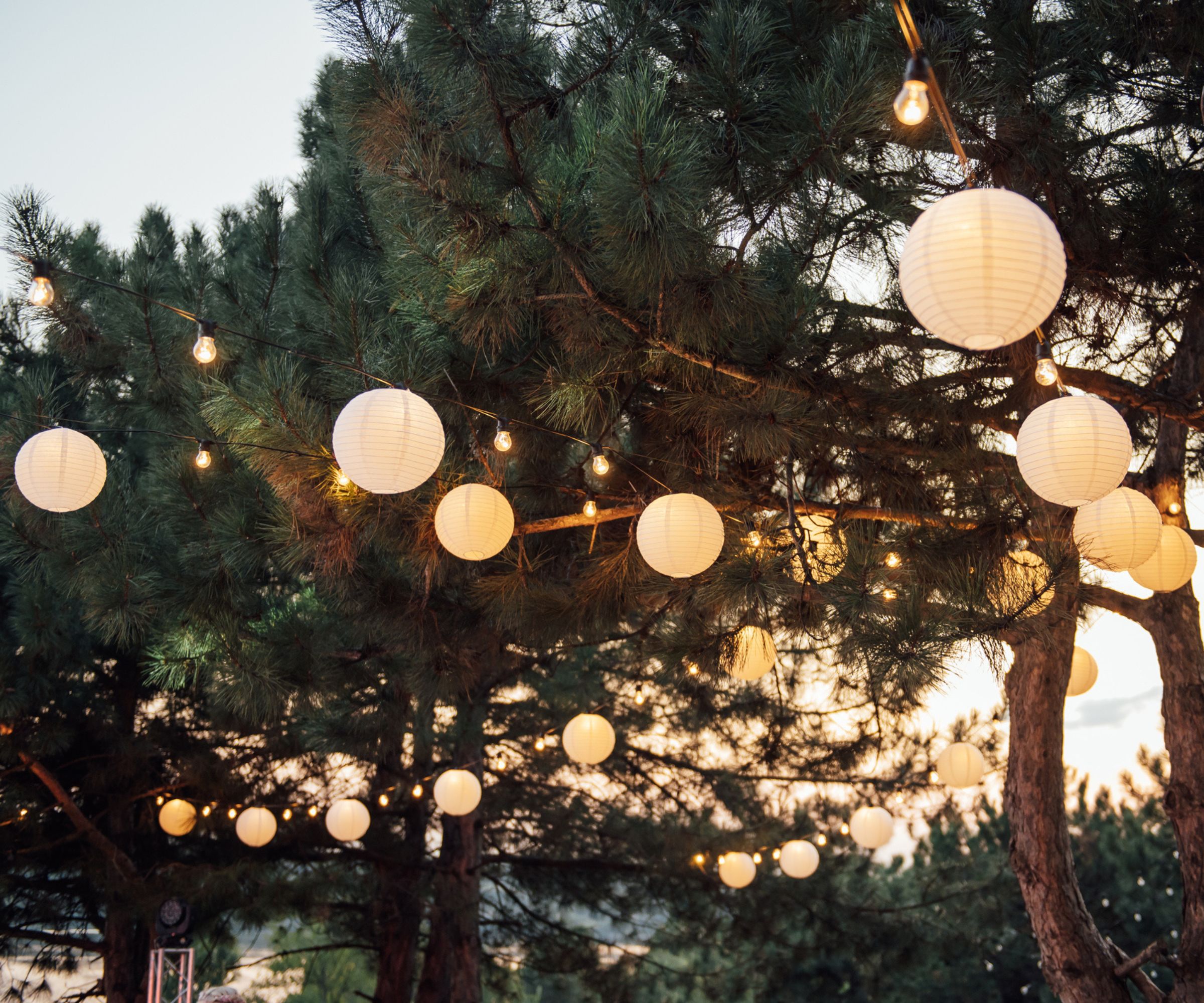
While federal regulation has incentivized certain kinds of outdoor lights, states and municipalities also have their own laws about lights, and these tend to focus on light pollution. Light pollution is when bright lights make it hard to see at night, especially when they make it hard to see stars.
Derek Jacques gave me a few examples. 'California, Arizona, and Texas all have laws on the books about light pollution at the state level. Many of these laws focus on businesses that are not following general guidelines set out in the "Dark Skies Initiative" of the International Dark-Sky Association, which collaborates with federal agencies to promote outdoor lighting practices that reduce light pollution.'
Altogether, this makes for several overlapping rules and laws depending on where you are in the country. There may be limits on where you put lights, how bright they are, and the hours of the day you can use them.
Can my light shine into a neighbor's yard?
While it's unrealistic that no light from your property ever falls on your neighbor's lawn, most municipalities and HOAs mandate that you practice 'shielding'. Derek explains that shielding means 'Your exterior lights must be angled downward to focus them on your own property'.
He adds that 'The other rule most local ordinances follow require lights to be mounted at lower heights, typically limited at the roof level of your home, but no higher.' This should limit light trespass into your neighbor's yard. As long as you have made reasonable adjustments to prevent light trespass, the law is probably on your side if your neighbor complains about your lighting.
Are there laws about the color and temperature of my lights?
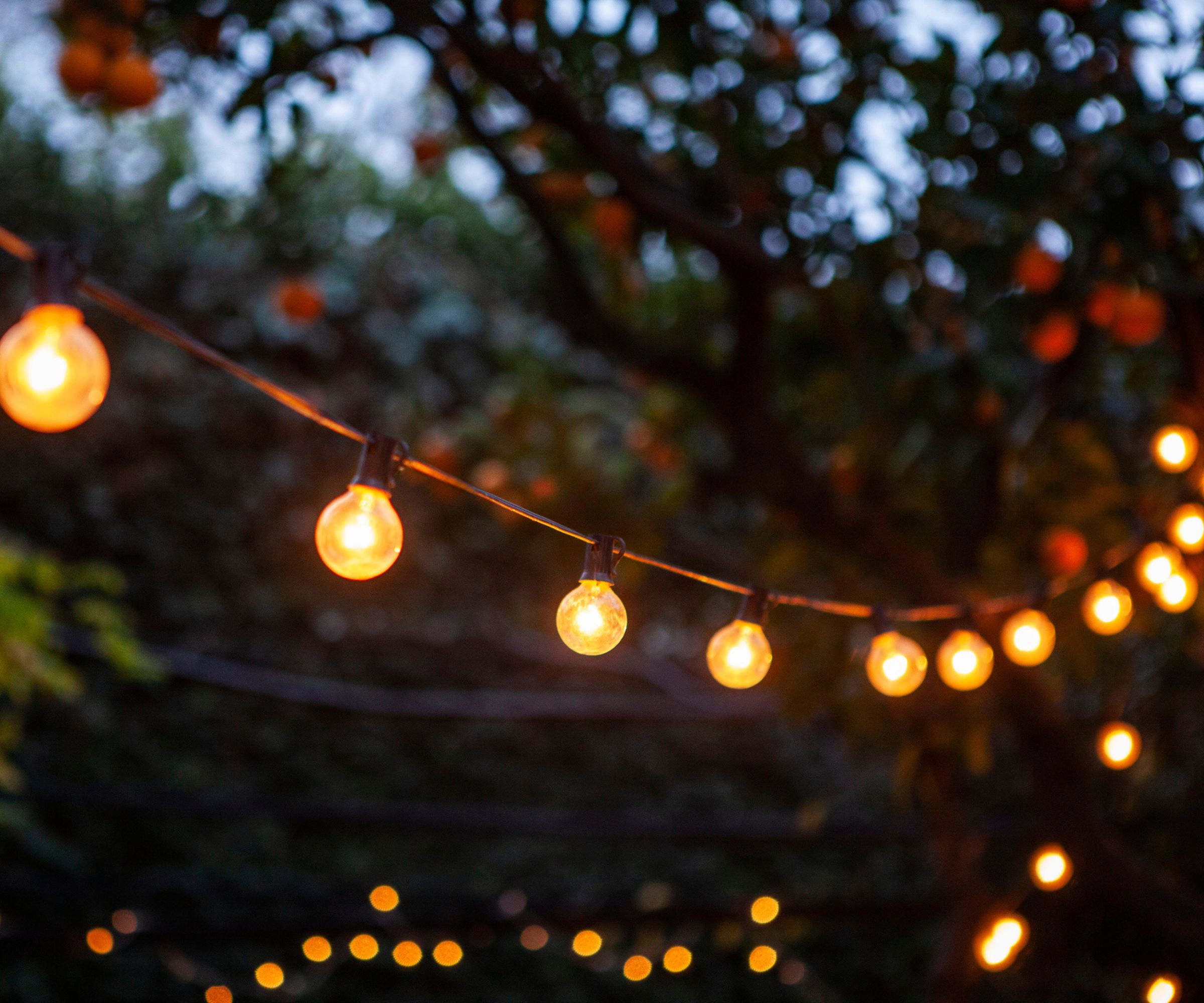
Some municipalities have regulations about the color and temperature of outdoor lights. Here, 'temperature' is a measure of how white and bright your lights are, not how hot they get.
This 'temperature' is measured in Kelvin - the higher the kelvin, the brighter and whiter the light. To give some measure of the scale, a candle tends to be around 2000K; overhead office lights tend to be around 4000K.
This law is usually part of wildlife protection. Bright white lights can affect nocturnal animals by disrupting their sleep cycles and confusing them as to the time of day. Bright white lights also make it easier for nocturnal predators to see their prey, which makes it easier to catch them. Over time, this can destabilize local wildlife populations. For this reason, many county and city governments mandate that your lights are 3000K or less.
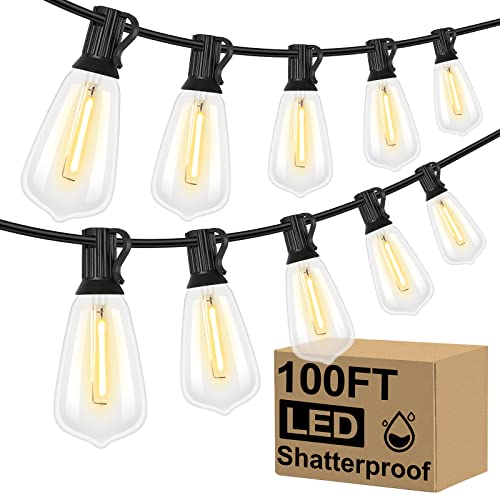
Cheap string lights like these are perfect for elevating a backyard on a budget. You get 100ft of lights, and they're 2700 Kelvin, so should be well within the allowance for most local lighting laws.
Are there laws about where I can place security lights?
All of the stipulations we've outlined above also apply to security lights. Security lights must be placed facing your property and in many places cannot exceed a certain number of Kelvin.
However, security lights have additional regulations. In almost all states, the security lights by law must have motion detectors or timers. This is to stop energy waste and light pollution.
Can I put string lights along a fence?
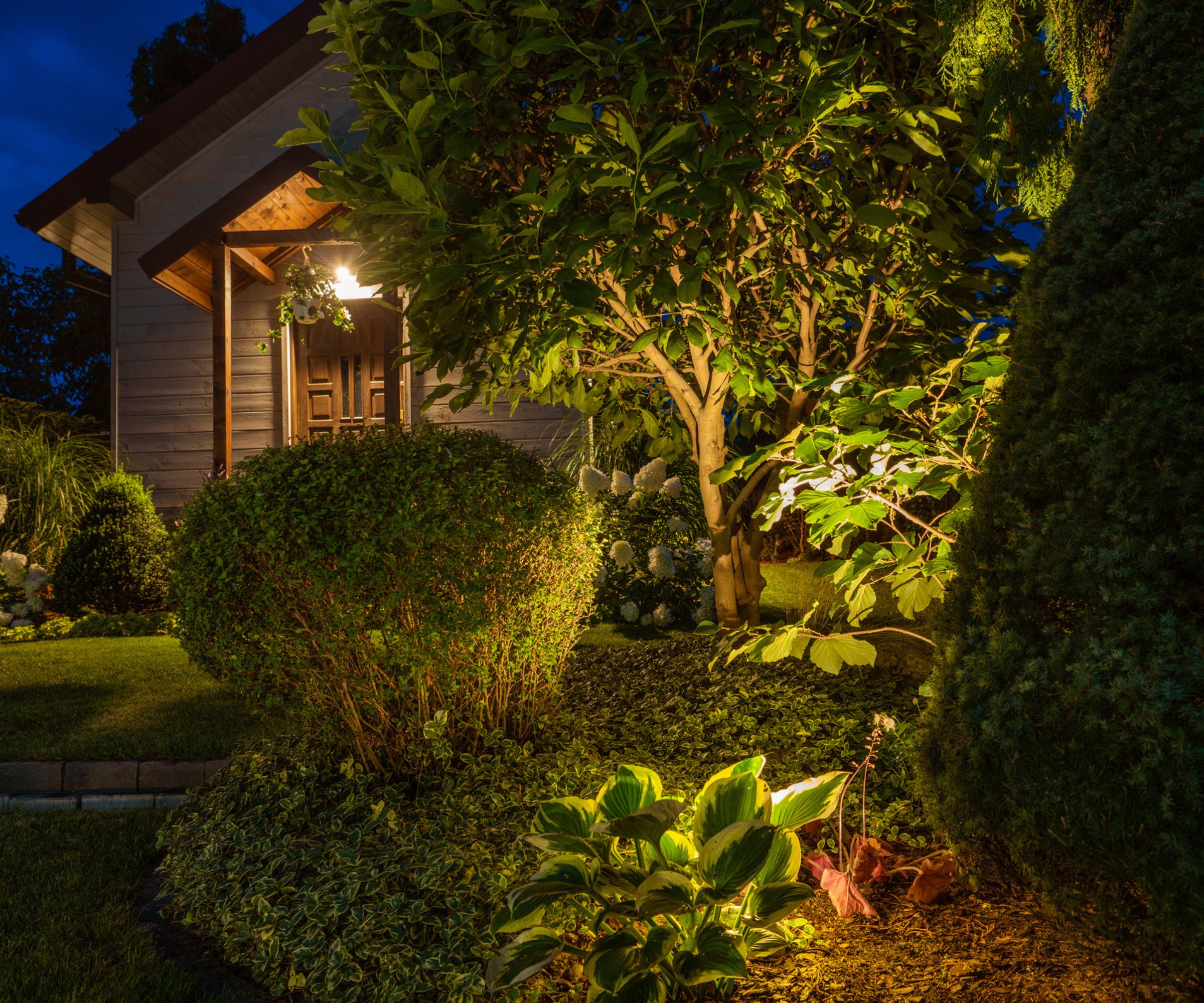
Like outdoor lights, fence law also differs between states. In general, a fence marking the boundary between two properties tends to be jointly owned by both neighbors. This means that you have to consult your neighbors if you do anything to a fence, and this includes adding lights.
In fact, it's especially true for adding lights to a fence, because your neighbors can probably see them. If you wind fairy likes through the screen on top of a fence, or add post lights to the top, your neighbor will be able to see it, unlike painting the fence, which only you can see. If you don't inform your neighbors, putting lights up along the fence could constitute light pollution or light trespass. Thankfully, most neighbors would be fairly understanding about adding lights along a fence.
Can I uplight my house or a tree?
Uplighting is particularly deleterious for light pollution because the light is aimed into the sky. This means that it entirely depends on local laws. If your municipality has laws requiring shielding, you may not be able to uplight your house.
Uplighting also requires particularly intense white lights which may be subject to other regulations. In short, according to Derek Jacques, 'Uplighting is legal but still would need to be done in accordance with local laws.'
Lighting FAQs
Are solar lights waterproof?
Yes, most solar lights are waterproof. Just look out for the IP rating, which is a measure of weatherproofing. You should aim to find lights with an IP rating above 65 to ensure that your lights can stand up to rain.
Do solar lights last long?
Solar lights can last for years, but they need a little maintenance, and it pays off to buy more expensive models. You should do your research before you buy them. Some solar lights I've tested have lasted for years, and other models only for a couple of months.
For more help with outdoor lighting, take a look at our outdoor lighting ideas.
Sign up to the Homes & Gardens newsletter
Design expertise in your inbox – from inspiring decorating ideas and beautiful celebrity homes to practical gardening advice and shopping round-ups.

As a gardens and lifestyle contributor, Alex makes sure readers find the right information to help them make the best purchase. Alex got his start in reviewing at the iconic Good Housekeeping Institute, testing a wide range of household products and appliances. He then moved to BBC Gardeners’ World Magazine, assessing gardening tools, machinery, and wildlife products.
-
 Experts say to only use homemade compost after testing it with this fail-safe method – they say it will guarantee healthy soil and support plant growth
Experts say to only use homemade compost after testing it with this fail-safe method – they say it will guarantee healthy soil and support plant growthSimply grab some fast-growing seeds and observe how they germinate in your compost
By Tenielle Jordison Published
-
 How safe are carpet deodorizers? As a seasoned vacuum tester, I urge you to try alternative methods
How safe are carpet deodorizers? As a seasoned vacuum tester, I urge you to try alternative methodsNatural cleaning is always the answer
By Dan Fauzi Published
-
 When and how to divide asparagus – expert tips to rejuvenate older plants for better yields
When and how to divide asparagus – expert tips to rejuvenate older plants for better yieldsDividing asparagus crowns is simple and rewarding, but you must get the timing right
By Drew Swainston Published
-
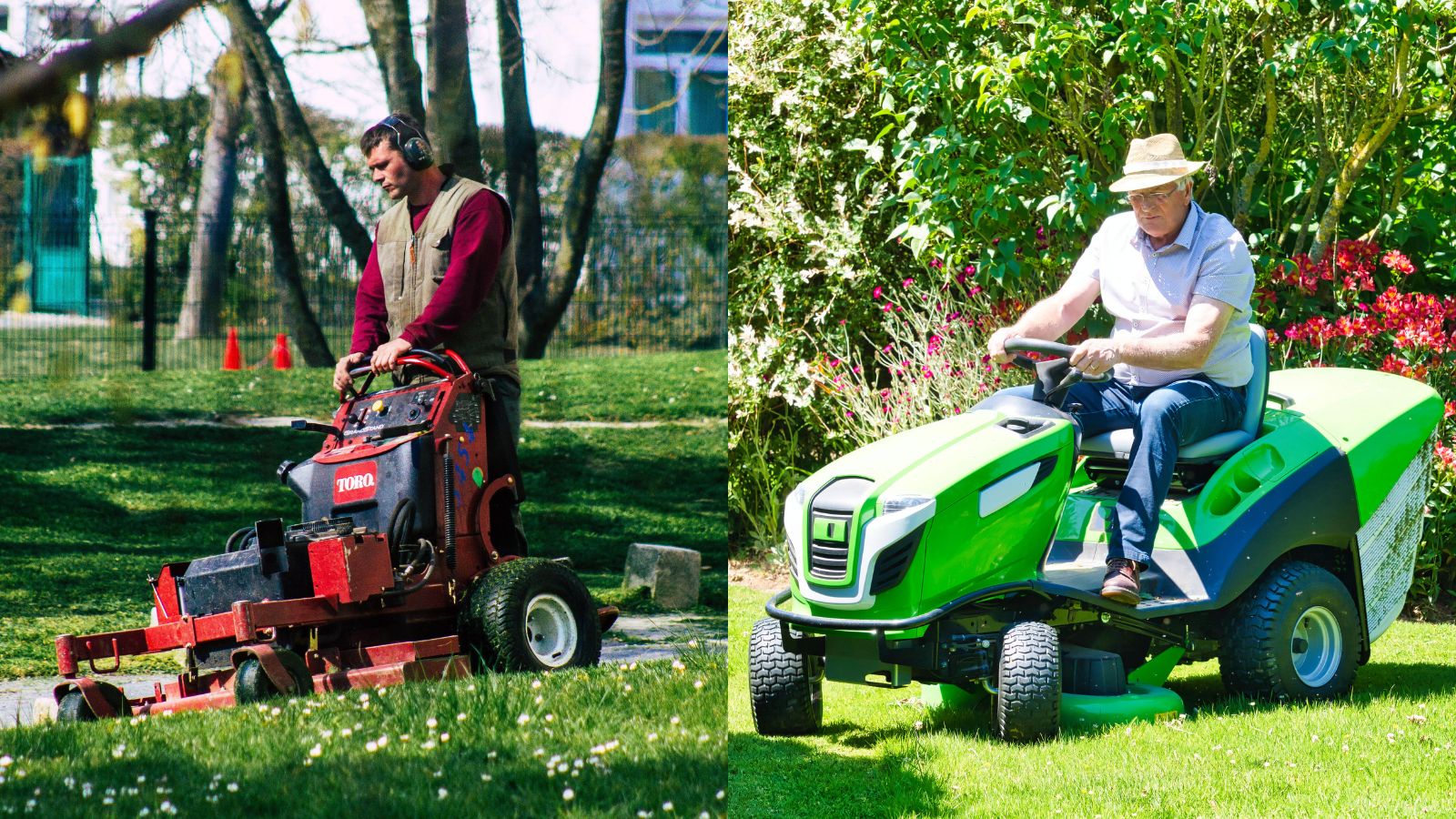 Standing mowers vs riding mowers – a mowing expert reveals which is best
Standing mowers vs riding mowers – a mowing expert reveals which is bestStanding mowers vs riding mowers is a heated debate among landscapers. I spoke to a landscaping expert to find out if standing mowers really are the best
By Alex David Published
-
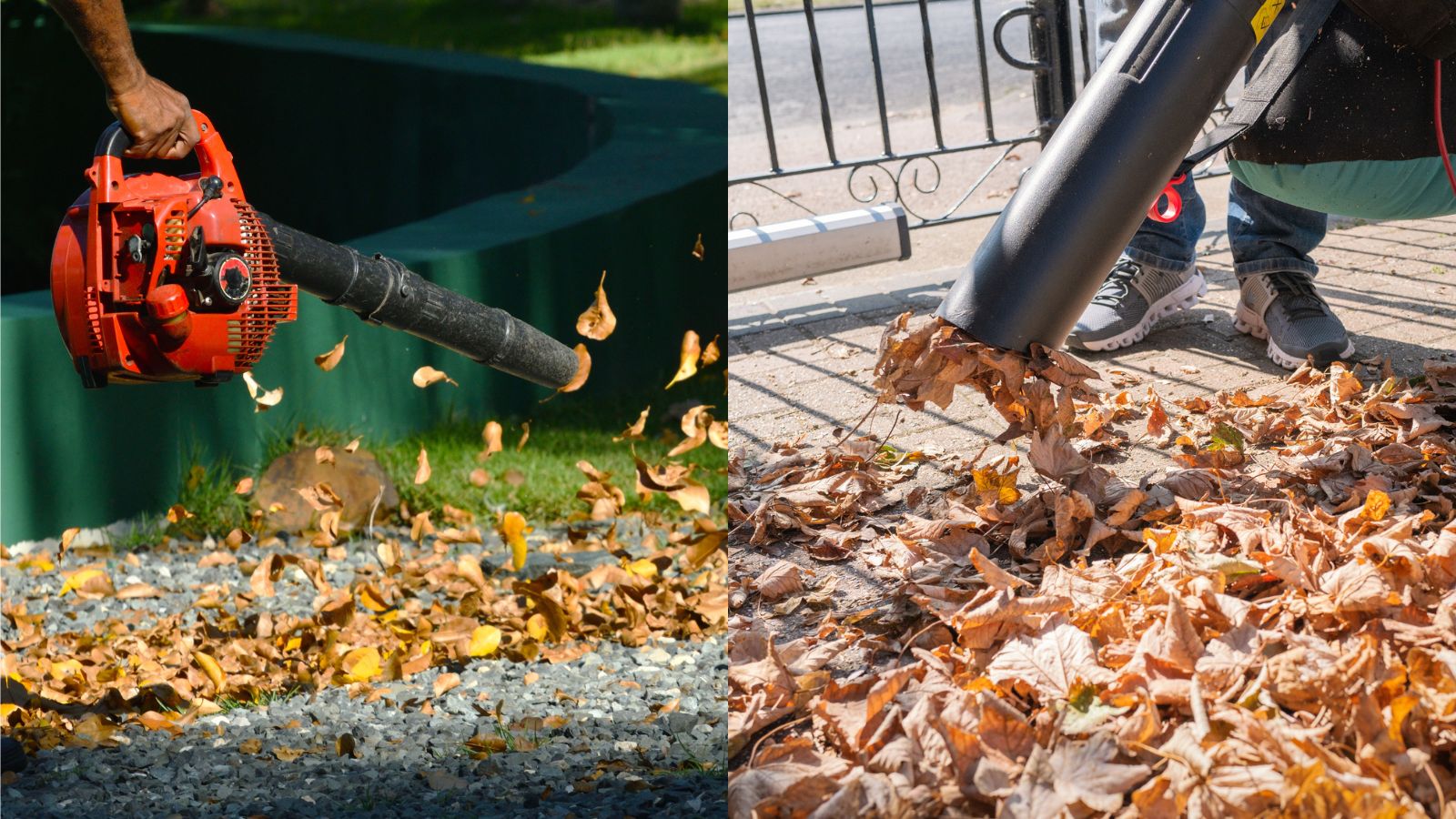 Leaf blowers vs leaf vacuums – which is best for your yard, and should you bother with either?
Leaf blowers vs leaf vacuums – which is best for your yard, and should you bother with either?It's not obvious which is best between leaf blowers v leaf vaccums. As a product tester, this is all you need to know about these controversial yard tools
By Alex David Published
-
 Pruning jasmine in late summer will ensure your plants bloom better than ever next year
Pruning jasmine in late summer will ensure your plants bloom better than ever next yearTiming is critical when pruning summer-flowering climbers
By Thomas Rutter Published
-
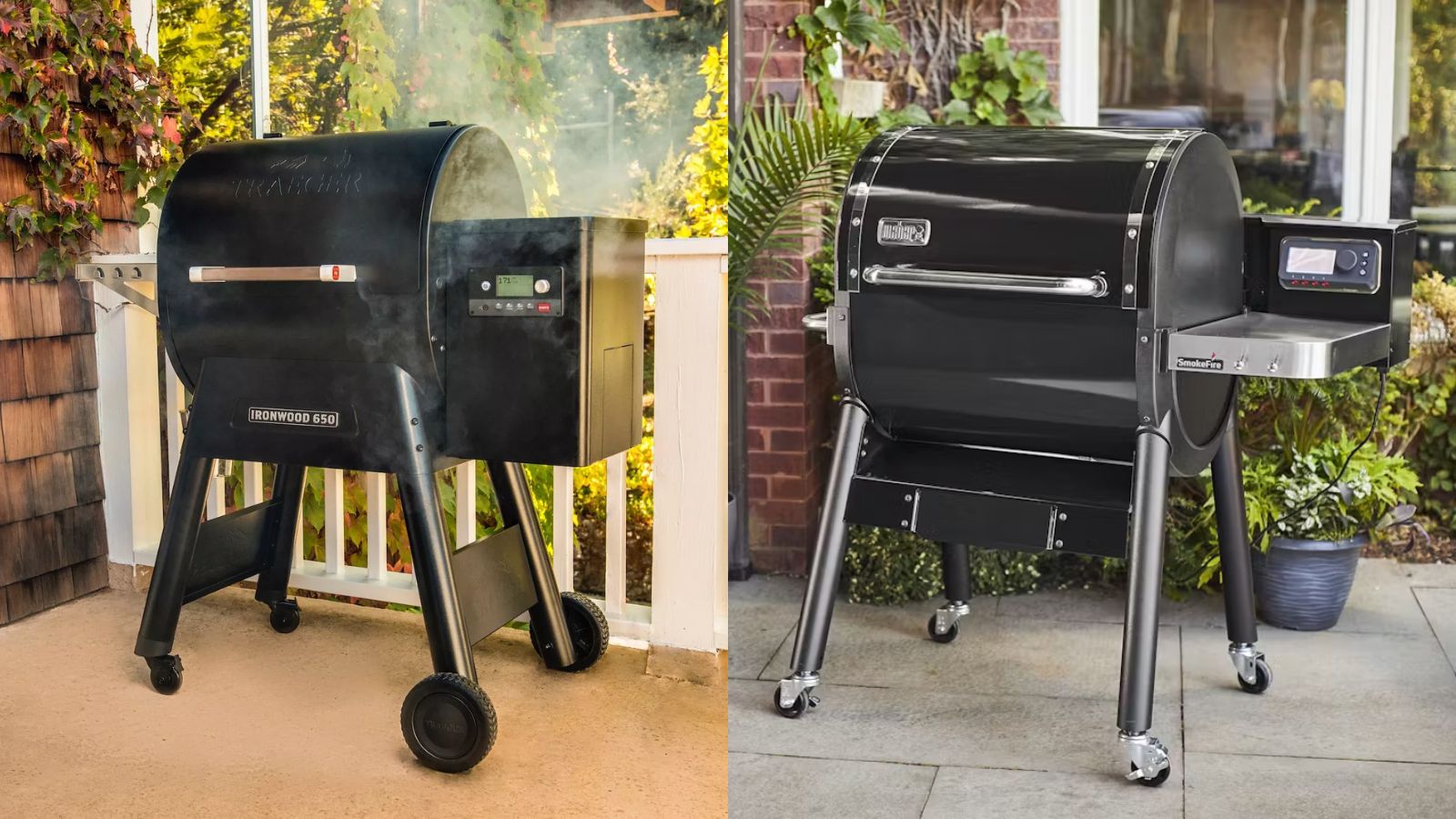 Weber vs Traeger – which pellet grill should I buy? Advice from a product tester
Weber vs Traeger – which pellet grill should I buy? Advice from a product testerThey're two titans of the grilling game, but who comes out on top between Weber vs Traeger? As a product tester, this is all you need to know about the brands
By Alex David Published
-
 Bougainvillea in miniature – with a little patience, anyone can grow these vibrant plants in bonsai form
Bougainvillea in miniature – with a little patience, anyone can grow these vibrant plants in bonsai formGrowing bougainvillea bonsai trees can add impact to even the smallest of spaces
By Thomas Rutter Published
-
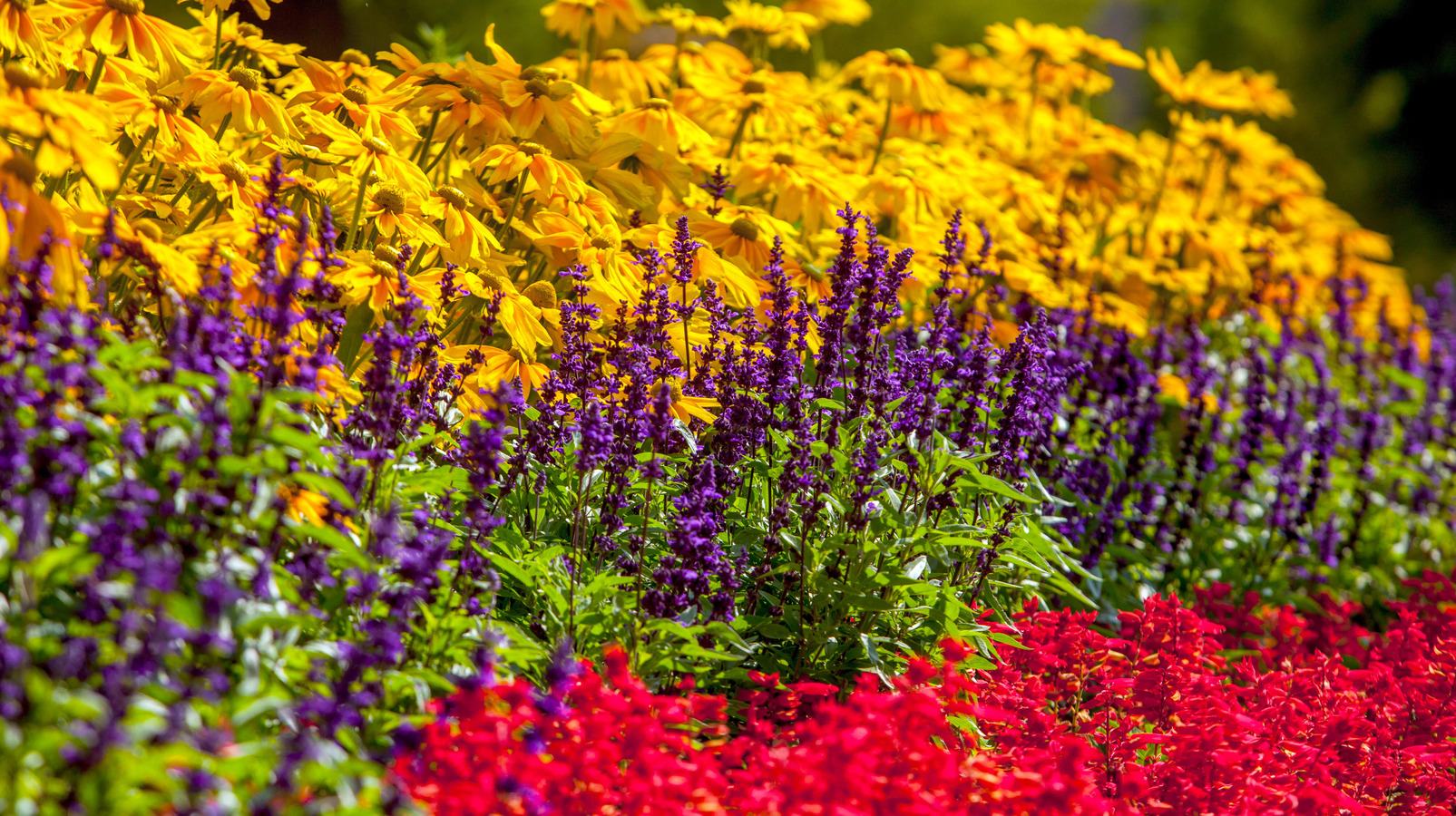 10 low maintenance, drought tolerant plants – for a beautiful and undemanding landscape
10 low maintenance, drought tolerant plants – for a beautiful and undemanding landscapeExpert plant picks for a thriving dry garden, that will make life easier and more colorful
By Jacky Parker Published
-
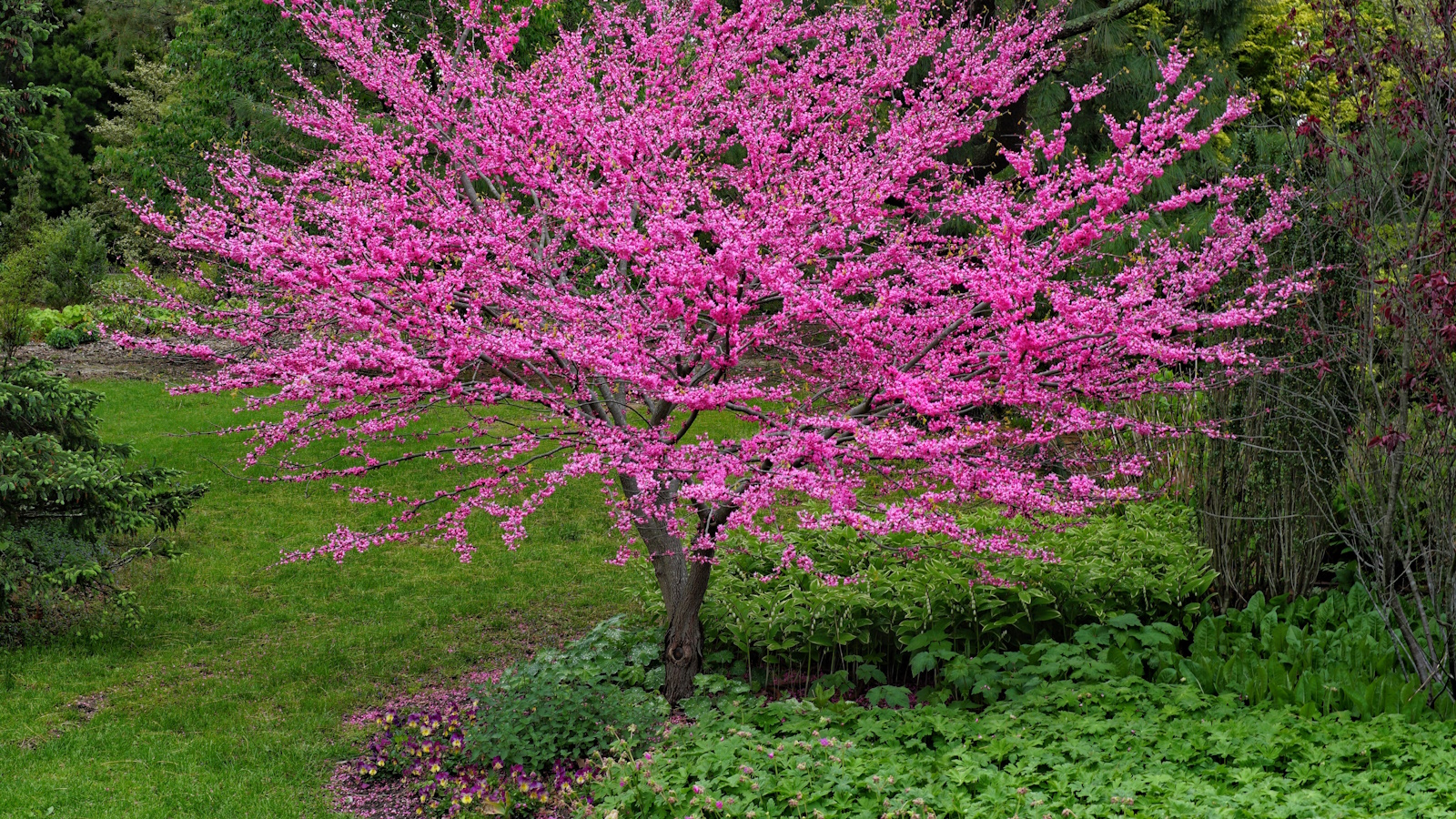 How to grow eastern redbuds – the cherished native tree with striking spring blooms
How to grow eastern redbuds – the cherished native tree with striking spring bloomsAdaptable and reliable, eastern redbuds are tough trees that will not disappoint
By Thomas Rutter Published
